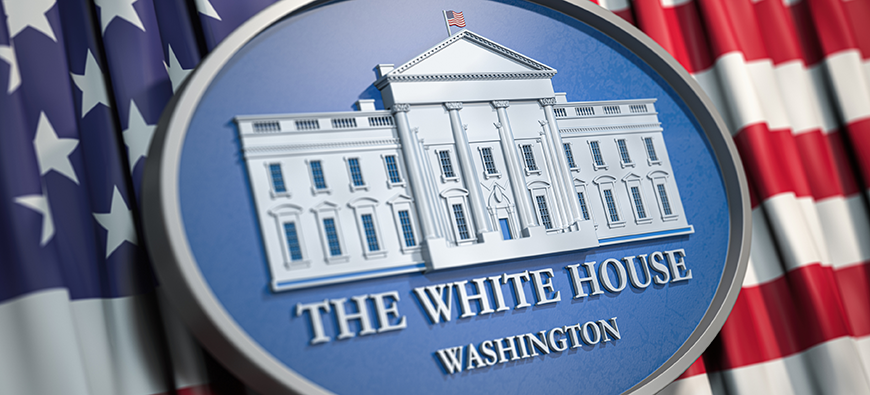
Thoughts on a Biden Presidency’s Impact on Banks
Brought to you by Vedder Price

On Jan. 20, Joseph R. Biden Jr. will be sworn in as the 46th President of the United States. Though President-elect Biden has been a staple of U.S. politics for over four decades, the potential impacts of his administration on the banking industry remain uncertain. Below are our thoughts the impact that a Biden administration may have on banking.
New Stimulus, Regulators
Expect additional stimulus, but form and level remain unclear. The administration may need to work with a Republican-controlled Senate to craft stimulus that the country and markets expect. (Congress was working on a relief package in mid-December, but its outcome was unclear.) Future stimulus measures could include additional Small Business Administration Paycheck Protection Program loans, PPP loan forgiveness flexibility and new lending programs providing targeted assistance to specific industries significantly impacted by the pandemic.
Changes in leadership, priorities at the federal banking regulators. New leadership at bank regulatory agencies will bring a renewed focus on regulatory and supervisory matters. Banks should expect new leadership at the U.S. Department of the Treasury – with Janet Yellen expected to take on the position of Treasury Secretary – the Consumer Financial Protection Bureau (CFPB), the Office of the Comptroller of the Currency (OCC), and the Securities and Exchange Commission. In particular, we anticipate the following changes to regulatory priorities:
Enhanced fair lending scrutiny. Biden’s campaign stated that it will seek to hold banks accountable for discriminatory housing practices, “roll back … policies gutting fair lending and fair housing protections,” and bring back Obama-era fair lending policies. Banks should expect a more aggressive regulatory posture on fair lending, including enhanced anti-redlining and anti-discrimination activities and investigations.
An increasing level of regulatory scrutiny on consumer matters. Banks can expect increased regulatory and rule-making activity from the CFPB, including in consumer lending, payday lending, debt collection, and Home Mortgage Disclosure Act and small business data collection.
Reform of the Community Reinvestment Act is uncertain. The OCC’s effort to modernize the CRA may be undone or significantly changed by the new administration, and the Federal Reserve may change or withdraw its recently submitted reform proposal. The Biden campaign called to “strengthen and expand” the CRA, so we anticipate it will seek to implement new rules to increase CRA oversight and enforcement.
Changes around BSA/AML. The Financial Crimes Enforcement Network announced its intention to modernize the Bank Secrecy Act and anti-money laundering regulations. Banks should be aware that FinCEN may revise existing regulations that could add to their compliance burden in the near term.
Other Initiatives, Priorities
A regulatory push to diversify boards, senior leadership. Public companies have faced external pushes to diversify boards and senior leadership, including a recent Nasdaq proposal to require diversity on listed company boards. We expect bank regulatory agencies to embrace this initiative and anticipate it becoming a more important priority for many institutions.
Interest in fee income. The Federal Reserve has announced it expects to keep short-term borrowing rates low for a prolonged period of time. We anticipate that more banks will explore fee income generating business lines as they cope with pressure on net interest margins and interest income.
Potential opportunities to serve marijuana-related businesses. As the number of states legalizing recreational marijuana use rises, so does the prospect for Congressional action. In December, the U.S. House of Representatives passed a bill seeking to legalize cannabis at the federal level. Although legalization at the federal level is unlikely to receive consideration in the Senate, passage of the Secure And Fair Enforcement Banking Act, or SAFE Act, which would authorize banks to service marijuana-related businesses under federal law, remains a possibility. We expect that there will be growing acceptance of banking marijuana-related businesses by banks.
Higher corporate taxes denting earnings. President-elect Biden has announced his intention to increase the corporate income tax rate from 21% to 28%, and increase the long-term capital gains rate and qualified dividends rate of up to 39.6% on income above $1 million. It is unclear what could pass under a divided Congress, but we expect the Biden administration and the Democrat-controlled House to push for increases in corporate taxes. Any increase in corporate tax rates would negatively impact bank earnings.



